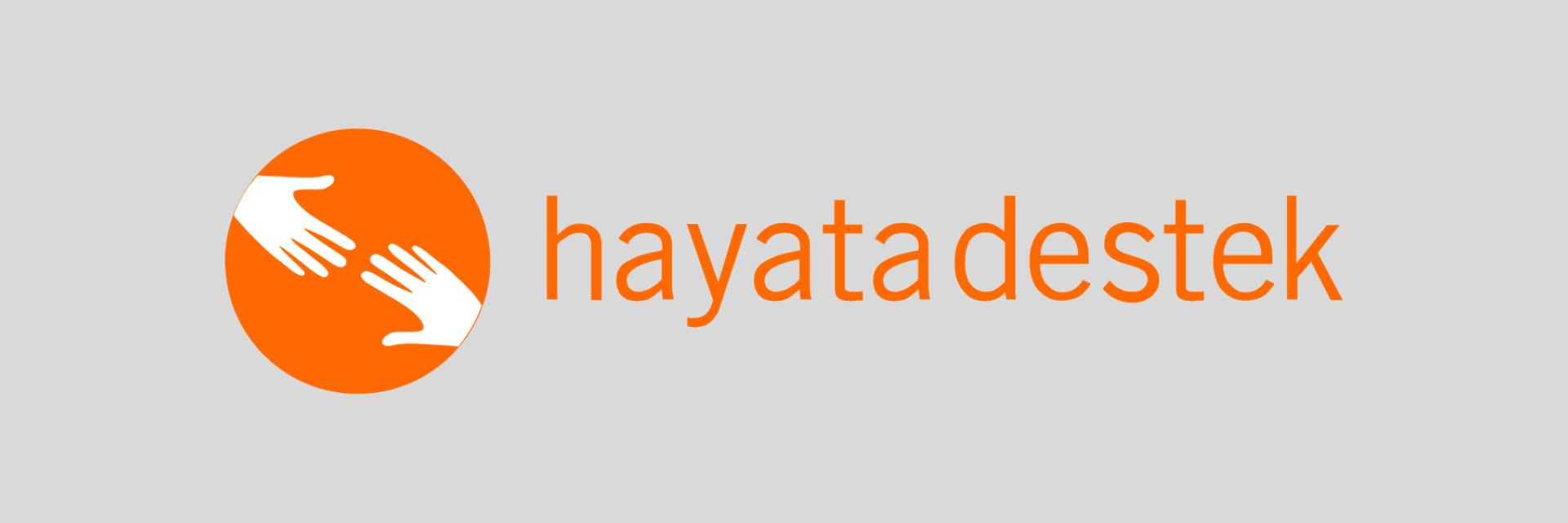
As Support to Life, we have been growing gradually in the last 16 years. When we first started to work in the humanitarian field, we created smaller impact with relatively small teams. Now we are generating much broader and deeper impact in a much larger area.
Although our approach has been always community-based, we realized during our growth process that if our relation with the local weakens, the impact we create will not be sustainable. Moreover, with the COVID-19 pandemic’s impact that showed us the weak relationship between all stakeholders’, between donors and partners, between center and field, between humanitarian workers and affected communities, etc., we grasped the importance of the localization once again. This orientation is not limited to Support to Life, of course; the global humanitarian aid community also feels the need to take root locally.
This approach appears as 'localization' within the context of humanitarian system. Localization is a broad and abstract concept; however, we can still define it as follows: Building humanitarian aid efforts on local capacity to meet the needs of affected communities in the most efficient, effective, and principled way. Here, 'local capacity' refers to the capacity of local actors at different scales such as civil society organizations, public or local governments, as well as the self-capacity of individuals and communities affected by the disaster.
We are talking about the importance of ‘localization’, but what is the main objective?
The main goal is to empower the locally led humanitarian action while creating a sustainable impact in risk and crisis management with the humanitarian aid funds transferred by the donor countries. While localization aims at effectiveness, efficiency and accountability in the humanitarian system, it is only possible with a reconstruction of power relations. Reconstruction of power is possible in two ways: transferring more financial resources to the local and national organizations and creating space to local actors for their voices to be heard on current humanitarian aid policies and practices. In fact, it requires all actors in the humanitarian system to assess their way of working.
In one hand, localization means a wide variety of local and national civil society organizations shifting to the center of humanitarian aid. On the other hand, it requires individuals and affected communities to take initiative and re-shape their lives through locally-led organizations.
Although Support to Life is defined as a 'local organization' in the literature, we have been questioning what we can be done differently in the name of localization. In this context, we organized a two-day workshop to develop a strategy, when we discussed what localization means for Support to Life. We prepared a 'Localization Strategy' document with participation of Support to Life’s 18 top level managers. This document created the framework of STL’s contribution to localization in humanitarian system.
This ‘Localization Strategy’ document consists of 4 main parts.
We Empower Ourselves and Others
To strengthen ourselves as Support to Life, we improve our expertise and internal capacity in humanitarian aid work. We also try to make STL’s 'Destekar - Supporter' brand more visible to encourage consumption with a social benefit. Meanwhile, we are implementing community-based practices in our fieldwork. We strengthen affected communities by supporting the establishment of local committees, empowering volunteer networks, and locally-led efforts.
It is also very important to fortify other civil society organizations and stakeholders who have a potential to shift to the center of humanitarian aid through localization. By doing so, we work in close contact with not only CSOs and public institutions but also all stakeholders who have access to international funds and working closely with civil society, such as Bar Associations and university clubs. STL’s newly launched 360 website is another important core of these efforts. We share our knowledge and experience on risk reduction, crisis management, and humanitarian aid through 360 digital learning platform that can be used by anyone who crosses paths with the humanitarian aid field, whether CSO-related or not.
We Bring Civil Society Together and Strengthen Them
We are involved in initiatives that bring civil society together at the global level, such as NEAR (Network for Empowered Aid Response) or ICVA (International Council of Voluntary Organizations); at the national level such as the Turkish Refugee Council (TMK), Disaster Platform and Localization Advocacy Group. On the other hand, we are acting as an intermediary to strengthen local and refugee-led organizations; we are building up capacities of civil initiatives operating in humanitarian aid.
Moreover, we believe that establishing innovative collaborations with different stakeholders such as the private sector, universities, development actors and international institutions would be an advantage and provide social benefits on localization context along with the strengthening CSOs, social enterprises and cooperatives.
We Create Enabling Environment to Strength Civil Society and Humanitarian Work
We pursue our advocacy efforts in dialogue with public institutions. We have been following regulations related to the humanitarian system. We support the role of civil society to be strengthen in disaster management. We work to influence policies and practices in the humanitarian system.
Also, we are establishing innovative collaborations by attracting the private sector to the humanitarian sector.
With Our Agile and Simplifying Work, We Bring our Working Style Closer with Local
As STL, we contribute to localization context with long- and short-term plans. Some of them entered into force with the pandemic. Strengthening our field work breaks the hierarchy between the headquarters and the field. We are transitioning to a dynamic governance model where participation deepens. We use our resources more effectively by simplifying our work processes and preventing waste; we create long term benefits.
We know that to be more effective and to create long term effects, we have strengthen both ourselves and other local organizations we work together with. In order to this, it is essential to use funds effectively, involve the locals in the decision-making processes and develop local relations.
This four-pronged strategy can be seen both as a sign that we will spend more time and energy on localization processes. Moreover, it can also be a call to the humanitarian system for the right direction for today and future.
About Sema Genel Karaosmanoğlu
Board Member and Founding Director of Support to Life Association. Sema Genel Karaosmanoğlu, who became one of the founders of Support to Life Association in 2009 after taking part in many projects in Afghanistan, India, Iran, Pakistan and Turkey. She has been working in the humanitarian and development sector at the international and national level for over 22 years.



